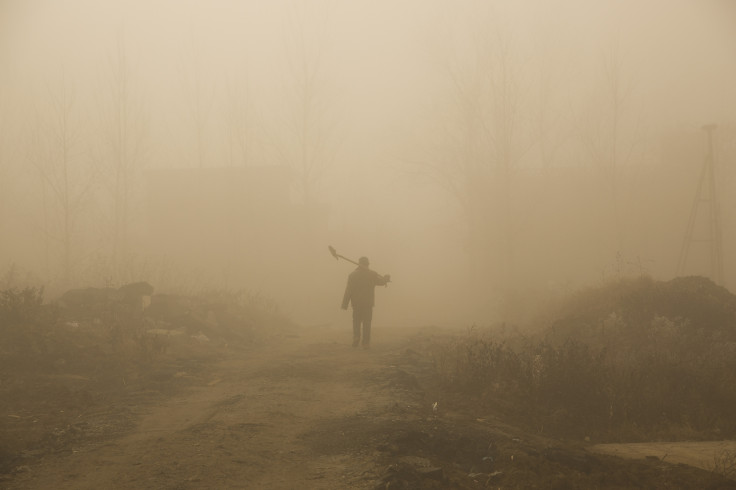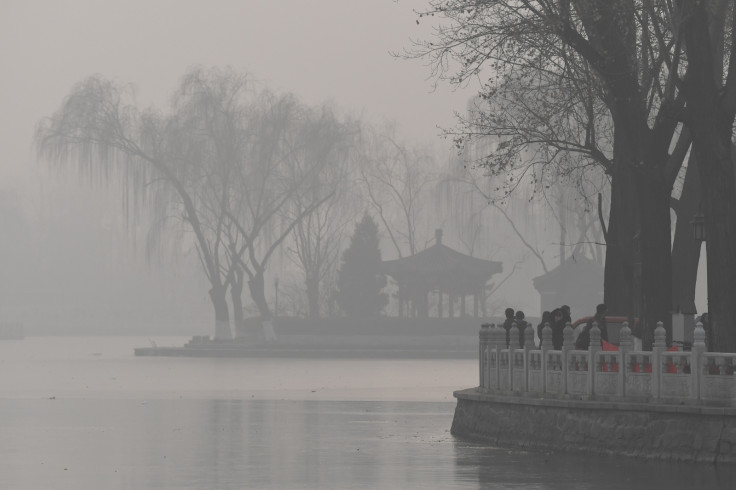Loss of Arctic sea ice is hitting Beijing hard with more intense air pollution
A lack of sea ice in the far north is having far-reaching effects on air quality elsewhere in the world.
The loss of sea ice in the Arctic has been linked to worse air pollution in Beijing despite efforts to reduce emissions of smog-creating gases and particles in China.
Large cities in China such as Beijing have notorious problems with air quality. The pollution is made up of ozone, nitrogen oxides and tiny particulates of soot, which worsen health conditions such as asthma and have been linked to cancer.
The progressive loss of the Arctic's sea ice due to climate change is increasing the intensity of Beijing's winter air pollution, finds a study published in the journal Science Advances. Both the loss of ice in the Arctic and increased snowfall across Eurasia have affected China's winter monsoon season. Such changes are due to climate change, and their combined effects are said to be leading to increasingly stagnant air in China, trapping pollution in the country's major cities.
The study focused on haze in the area around Beijing, the East China Plains. A particularly intense haze event in the winter of 2012-13 in China was the worst in about 30 years, but was not linked to a peak in local emissions.
They looked further afield and found that unusually low sea-ice cover in the Arctic and large amounts of snowfall in Siberia had lowered an atmospheric pressure ridge over China.
"That flattens the temperature and pressure gradients and moves the East Asian Winter Monsoon to the east, decreasing wind speeds and creating an atmospheric circulation that makes the air in China more stagnant," said study author Yuhang Wang of Georgia Tech's School of Earth and Atmospheric Sciences.

Climate change caused by emissions of carbon dioxide from human activities melts 24sq-metres of Arctic sea-ice on average for each person in the UK. Sea-ice levels in the northern polar region were also historically low over the 2016-17 Arctic winter, with Beijing again seeing heavy smog early in the year.
Existing efforts to improve air quality in Beijing focus on reducing emissions locally and across the country. Beijing has resorted to instating an environmental police squad to track down illegal pollution. The study authors emphasise that reducing emissions of greenhouse gases globally are essential for reducing smog in Beijing.

© Copyright IBTimes 2025. All rights reserved.






















